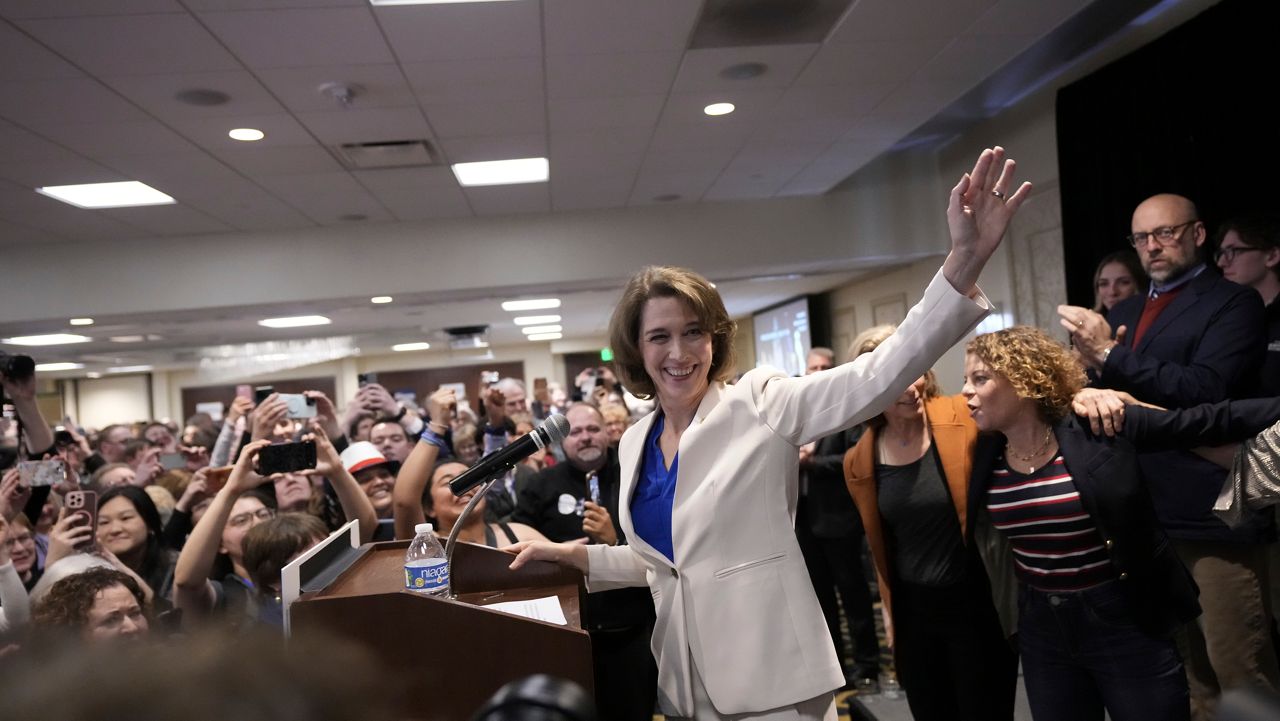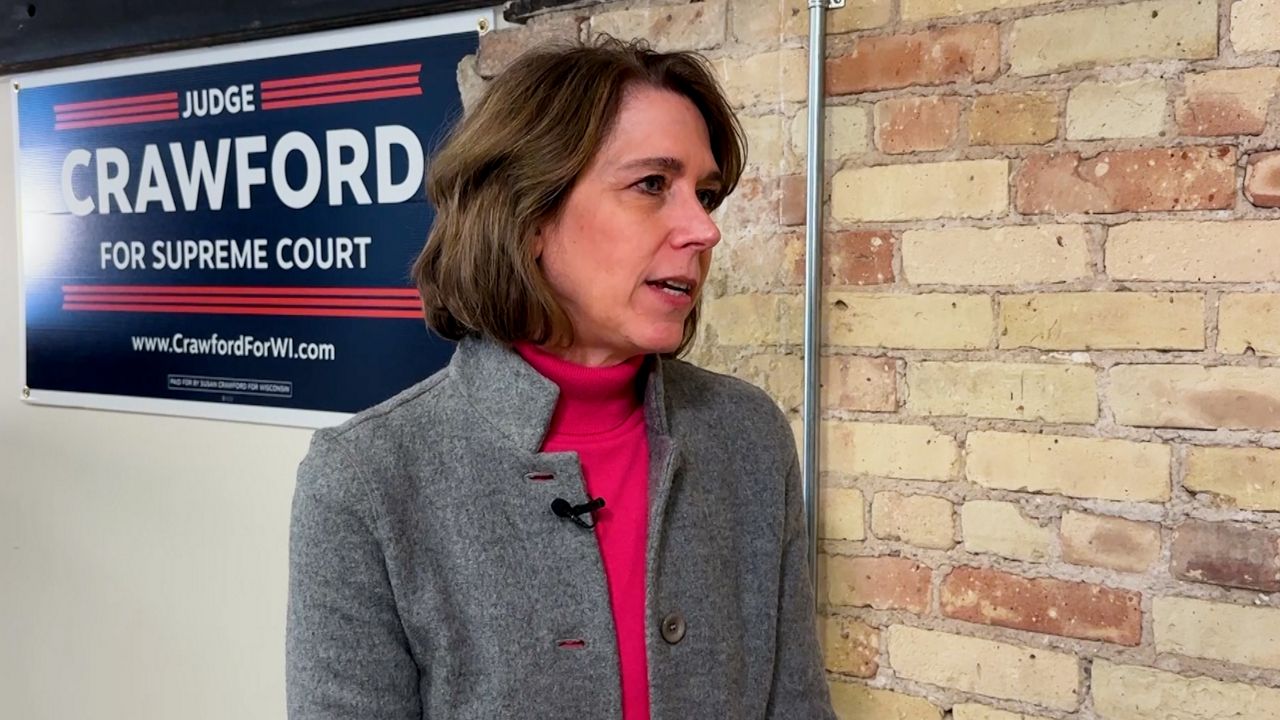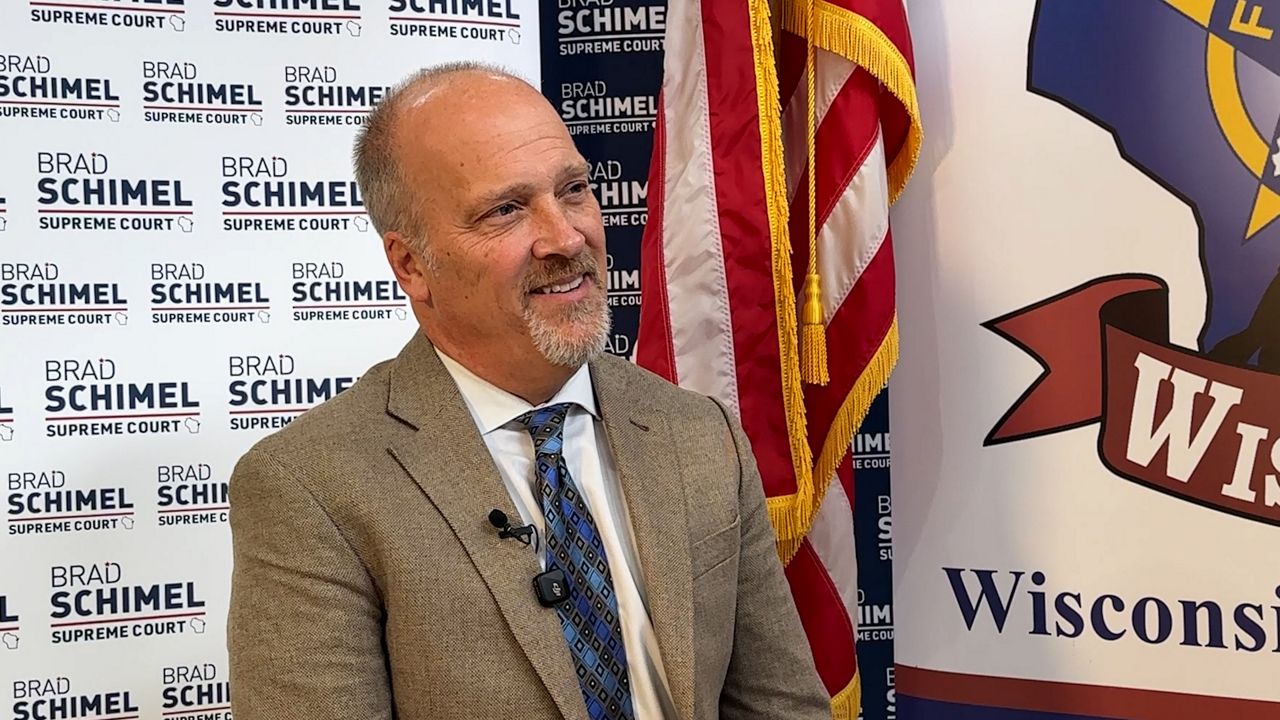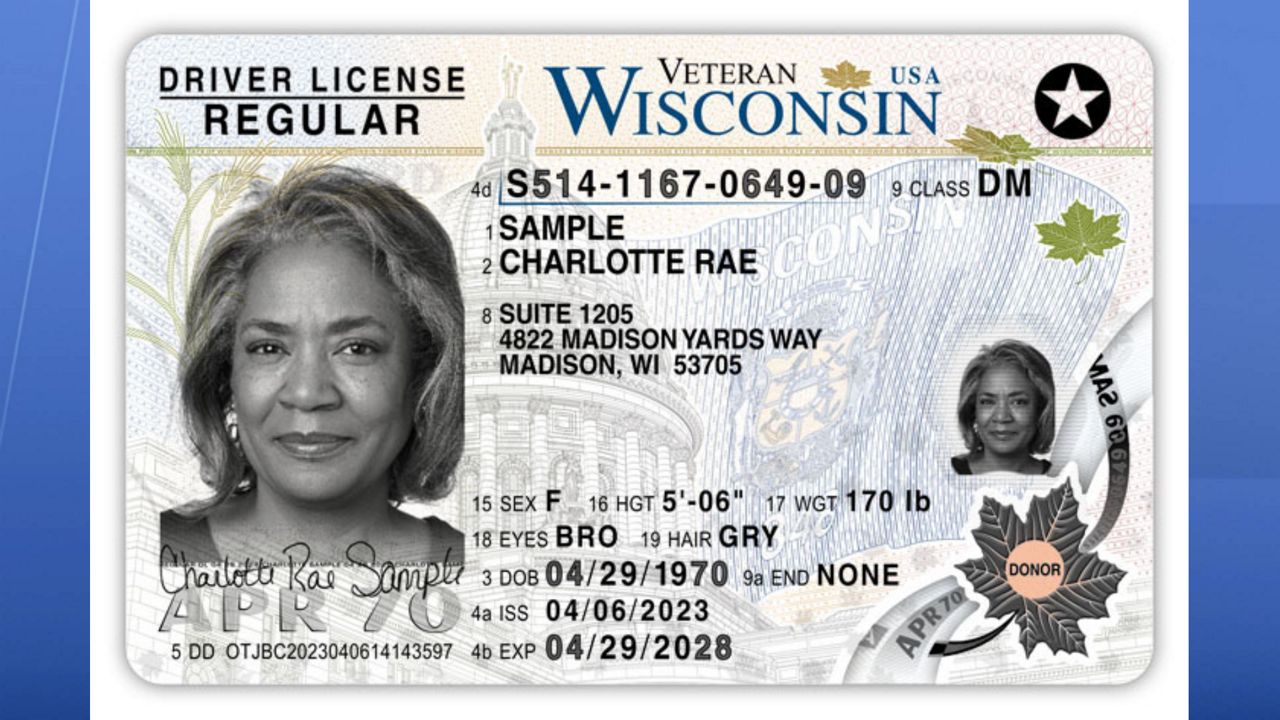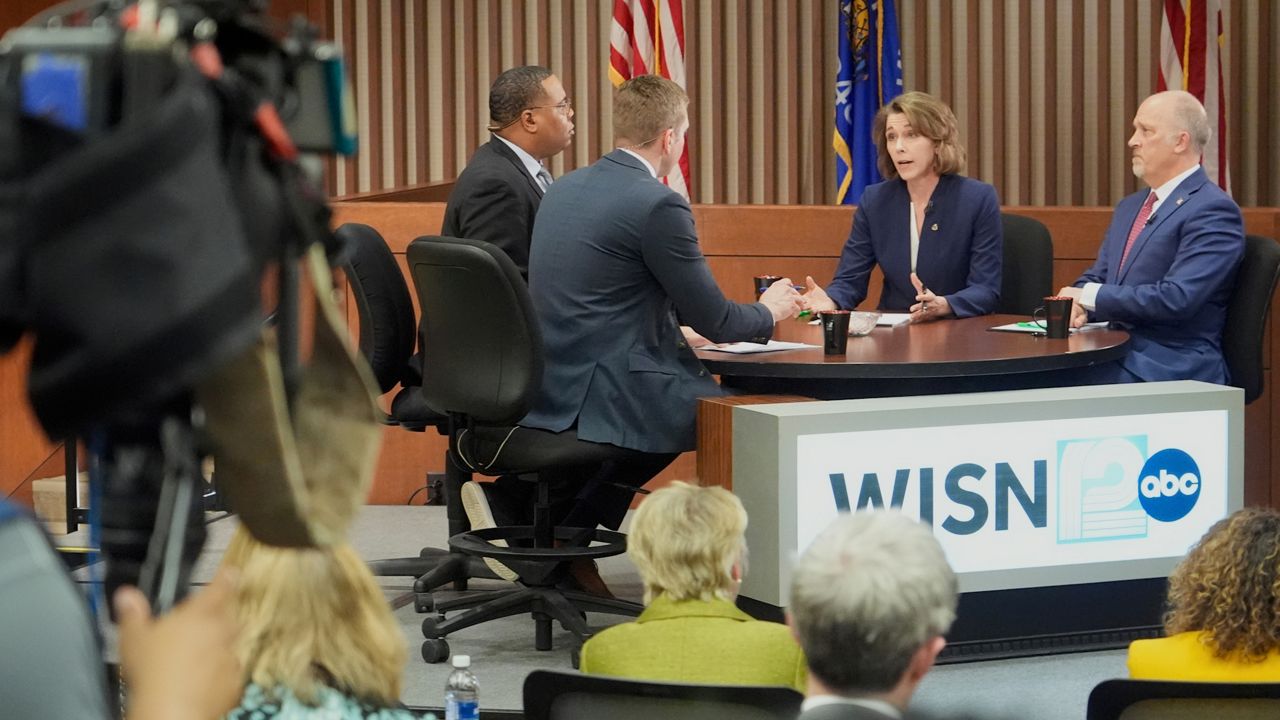MADISON, Wis. — The race for the top spot to lead Wisconsin’s Department of Public Instruction (DPI) is underway and the field of candidates will be narrowed in just one week with the February primary election fast approaching.
Brittany Kinser is among a field of three candidates running for the post, including incumbent State Superintendent Jill Underly and Sauk Prairie School District Superintendent Jeff Wright.
The top two vote-getters in the upcoming Feb. 18 primary will move on to the April Spring Election in what is technically a non-partisan race.
Kinser has taught both special education and science in public schools. She was also a principal who won the "Beating the Odds" award from then-superintendent and now Gov. Tony Evers.
Most recently, Kinser co-founded a high-impact literacy initiative aimed at addressing the reading crisis.
“It is completely unacceptable that three out of 10 students are reading well enough where they are career and college ready in Wisconsin — it is a reading crisis,” Kinser explained. “And so, when I found out that the Department of Public Instruction lowered the standards in August, I decided that, well, I knew that our students deserve so much better, and so then I decided that I should run for state superintendent and make sure that we are restoring the high standards and that we are teaching reading, writing and math so our kids can get a meaningful job, attend college or master a trade, also making sure that we're partnering with our parents and that the money that we are receiving is going into the classrooms and rewarding our great teachers, and then also making sure that DPI is transparent and predictable and innovative.”
In 2024, Wisconsin voters approved a record number of referenda, thereby raising property taxes to fund their local schools.
“I am in support of making sure that we increase the special ed reimbursement. Right now, it's around 30-some percent. And when I was a principal, I had spent a million dollars in my first year, and when we opened up our school in special ed, and we weren't reimbursed until the next year at $300,000 and by that time, we had more special needs students,” Kinser said. “We have to use the general ed money for that, and so we have to make sure that the reimbursement is higher.”
According to an analysis by Wisconsin Policy Forum, school districts across the state received $4.4 billion in new funding from referendums last year.
“If I am state superintendent, I would work with the legislature and the governor's office to make sure that we come up with a percentage that is something that we can actually do in the state, because those are our children who need it the most. And so, I would, you know, focus on that and making sure we increase the rural transportation reimbursement. And I'm also open to the funding formula, making sure that it's fair for all, working with the legislature again, and the governor's office, and how do you make it simpler, so that people are able to understand it more fully, and that the funding possibly is less on the burden of the taxpayer and more coming from the state,” she added.
“I agree with the legislature, and Governor Evers did come out saying that they should be restored, and I agree with the legislature and the governor. The governor, when he was superintendent, was the one who aligned our standards with the Nation's Report Card, and I think that that's important to get back to the high standards,” Kinser said.
Republican lawmakers have recently begun an effort to revert to the standards used during the 2019-20 school year that were originally put in place by now Gov. Evers, who was serving as State Superintendent at the time.
DPI has defended the changes it said were meant to address a disconnect between what teachers experienced in the classroom and the terminology used to describe student success.
“I think we need to be working with, again, this is like a local control issue too — is making sure that our districts, our local districts, are also working with their schools,” Kinser explained. “And if you're talking about [school resource officers], like at [Milwaukee Public Schools], that is a law that they needed to have their SROs. But again, I think that we need to be focused on teaching, and then there's other departments that we could partner with on those issues.”
In 2024, the Wisconsin Dept. of Justice’s Office of School Safety reported a 40% increase in tips regarding potential threats in districts across the state.
“I know I've been asked about that, and as I travel around the state, there are many families that want other options, because what school they're attending now is not working for their child. And so, I would support that as long as, like right now Milwaukee, what we have for Milwaukee could possibly be something we use for the state,” Kinser said.
“Again, this is a legislature issue. I don't get to decide that. I think it's really important that parents have the best options, and so I would be supportive of working with our families and legislature on that.”
“In the future, overall, we just need to have a very easy way for all of our school boards to be able to see in districts, are schools on track,” Kinser stated. “I think with [Milwaukee Public Schools], DPI knew that they were late, right? So, we need to make sure that you're supporting those schools but also making it very transparent for the school board and for the community to know what is going on in your school district. So again, I think it's about transparency and accountability there.”
Last year, MPS was months behind on submitting key financial data to DPI, which prompted questions and concerns from Milwaukee taxpayers and parents with children in the district.
“We need to make sure that we are talking about our kids,” Kinser added. “I think we sometimes get distracted by all these other things, but only three out of 10 of our children are prepared in Wisconsin to go to college or get a career and go get a job and so I just want to make sure that we are focusing on what's best for our kids and making sure they're getting a great education by teaching them reading, writing and math.”






